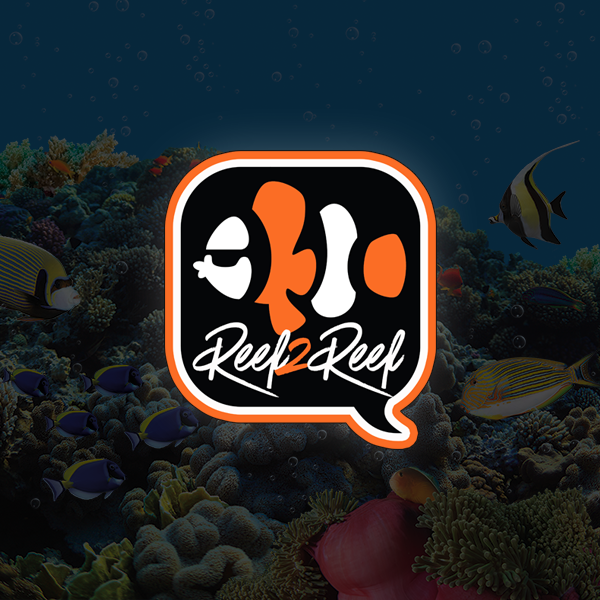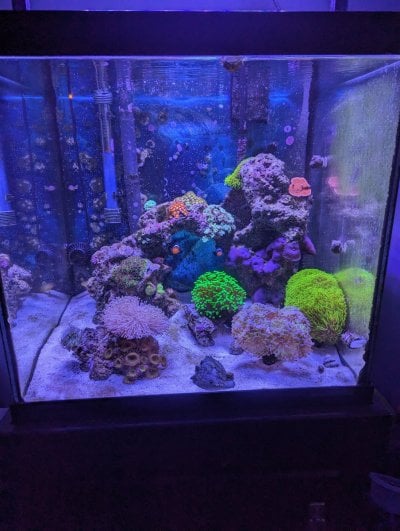Nothing wrong doing or not doing as long as you providing what the corals need. I do 100 percent weekly. I also don't dose and do not have any filtration other than a sock to protect pump. My other tanks including one setup over a year and tore down due to move was just a small cylinder.
Water changes should be used to correct issues your normal filtration can't handle or do or to replenish elements. The larger the tank the more you'll need to change. This is where dosing and more filtration come in. If setup right can replace water change.
This also depends on the coral you keep. Even with large tanks full of sps, weekly 100 percent may not be enough and dosing needs to be done daily.
We tend to go back and forth because there are various successful methods and some methods people just can't repeat. On top of which every tank is different especially over time.
It's up to what the individual wants and what the corals need.
Water changes should be used to correct issues your normal filtration can't handle or do or to replenish elements. The larger the tank the more you'll need to change. This is where dosing and more filtration come in. If setup right can replace water change.
This also depends on the coral you keep. Even with large tanks full of sps, weekly 100 percent may not be enough and dosing needs to be done daily.
We tend to go back and forth because there are various successful methods and some methods people just can't repeat. On top of which every tank is different especially over time.
It's up to what the individual wants and what the corals need.

























